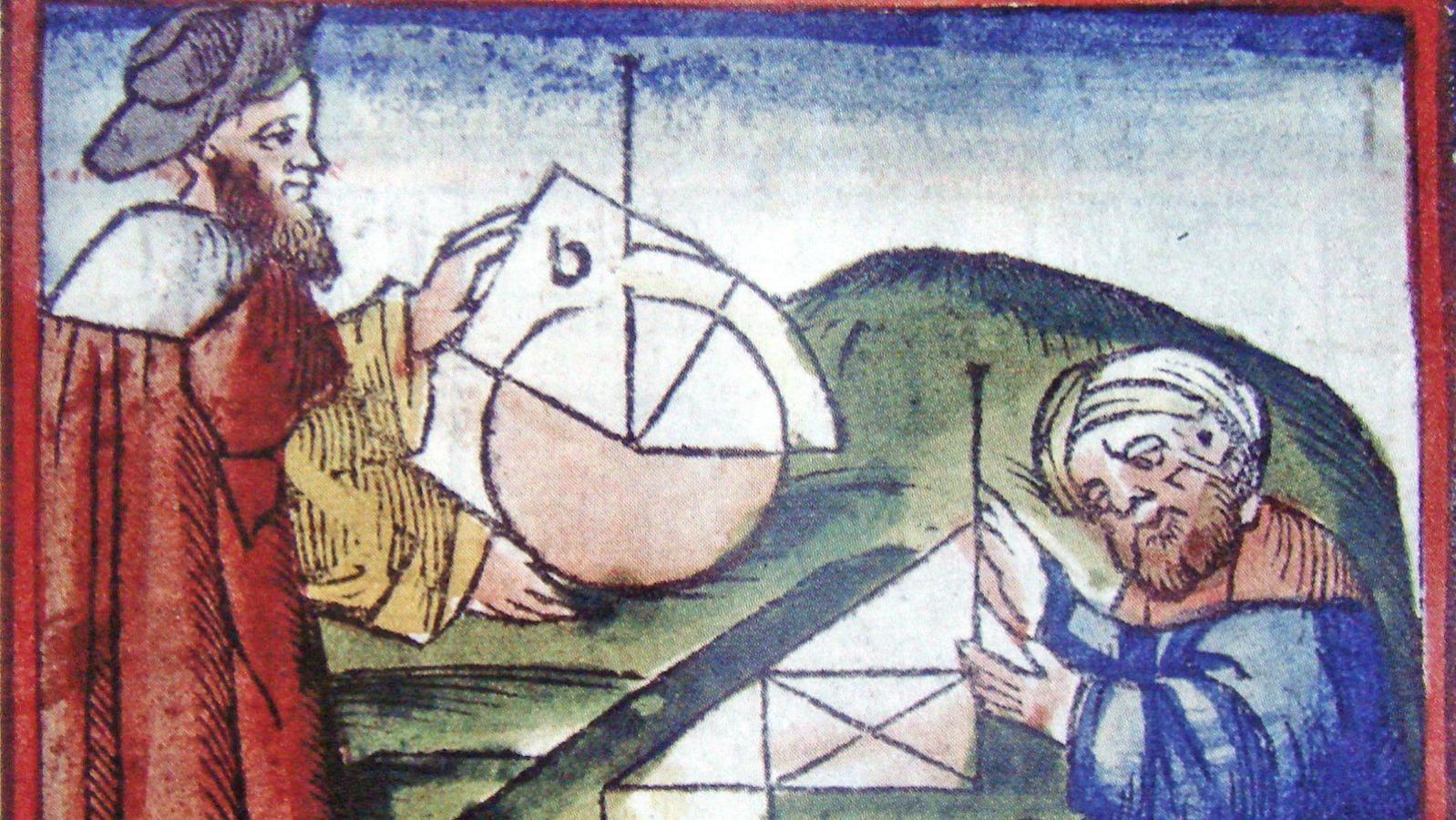Hasdai Crescas was a Spanish Jewish philosopher who lived from 1340-1410.
A Talmudic authority and a philosopher of great originality, his ideas exerted influence on his student, the Spanish Jewish theologian Joseph Albo, as well as the controversial 17th-century philosopher Baruch Spinoza.
A wealthy man who was prominent in general Spanish, as well as Jewish, society, he nonetheless was persecuted for his faith. He was imprisoned on a false accusation in 1378, and his only son died in 1391 as a martyr.
In The Jewish Religion, Rabbi Louis Jacobs described Crescas as “one of the most influential personalities of Spanish Jewry, in particular in his efforts to prevent Jews from being lured away from Judaism in the wake of Christian persecution.”
With your help, My Jewish Learning can provide endless opportunities for learning, connection and discovery.
Crescas is best known for three written works: a letter to the congregations of Avignon, in which he relates the incidents of the persecution of 1391; a Spanish tractate refuting the main doctrines of Christianity and explaining why Jews stuck to their ancestral faith; and a work entitled Or Adonai (Light of the Lord).
In Or Adonai, Crescas argued against Aristotelianism, the famous Greek philosopher’s influence on Jewish thinkers like Maimonides.
Drawing on his thorough knowledge of philosophical literature, Crescas argued that Aristotle’s arguments were far from infallible, deploring Maimonides for introducing Greek philosophy into Jewish doctrine. While he admired much of Maimonides’ scholarship, Crescas believed that Maimonides was responsible for influencing other Jewish thinkers who were too enamored of Aristotle at the expense of Jewish teachings.
An opponent of Maimonides on philosophical grounds, Crescas was also dissatisfied with the method of Maimonides’ Mishneh Torah, specifically its absence of formal citations.
Adapted from the Jewish Encyclopedia.



